Industry - Interview
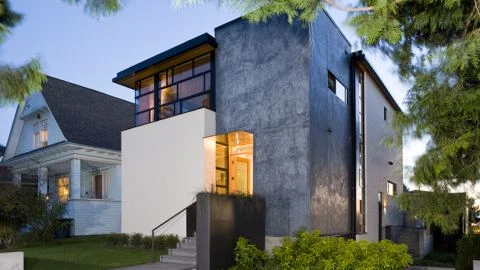
Interview with Architect Lane Williams, Founder of Lane Williams Architects from Seattle
Industry - Interview
by Meryem Aksoy
Lane Williams, AIA, received his Masters of Architecture degree from the University of Washington in 1984. After his 8 years of professional career, in 1992, he decided to walk in his own way and establish Lane Williams Architects in Seattle. Lane has a decorated career with 20 home design awards that he has won. He has designed 200 residential projects that brought him these successes. I asked Lane Williams, AIA, Founding Principal of Lane Williams Architects, in order to learn more about his architectural career and basics of architectural projects. Enjoy this interview.
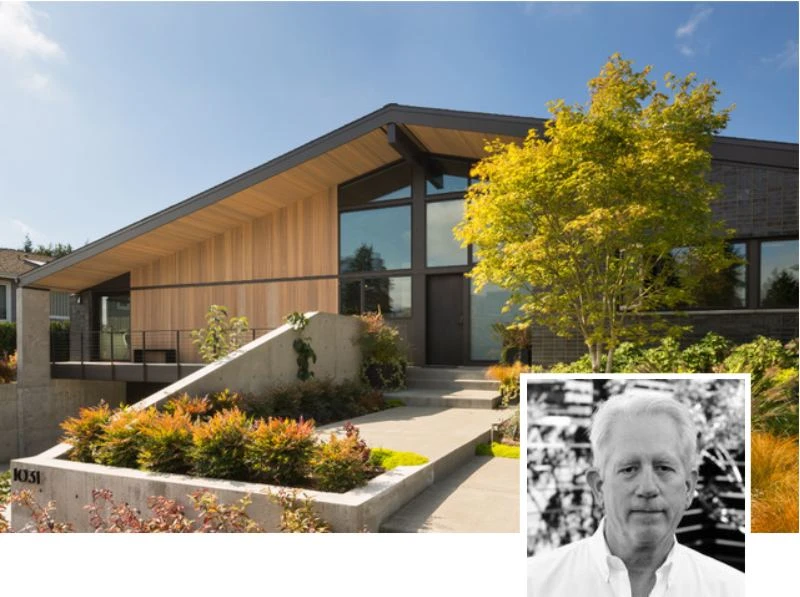
Lane Williams Architects
Lane, before talking about Lane Williams Architects, could you tell us about your educational background, career and architectural design experience?
My undergraduate degree is in English, with a communications minor. I worked briefly for a weekly newspaper before returning to school for a Master of Architecture degree, and then worked for a couple of small Seattle firms before going out on my own.
Why did you decide to pursue a career in architecture? What inspired you?
My father was an art teacher, and he taught me perspective drawing and drafting when I was very young. He was an amateur builder, too, and shared those skills.
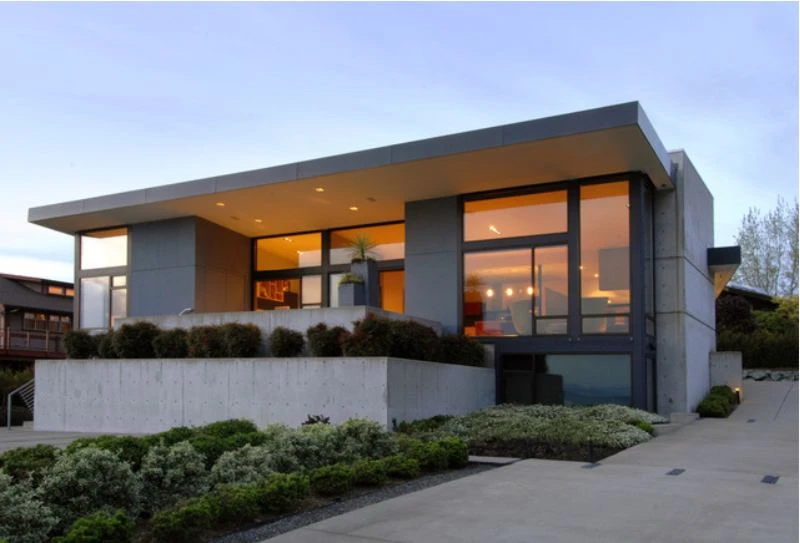
Lane Williams Architects
How did you decide to establish your own firm? Could you tell us about Lane Williams Architects?
I had risen to a Principal level in a 25 person firm that specialized in public design projects, but I also designed a few houses and found those to be the most satisfying experiences. I decided to round up those clients and go out on my own, which seemed like a tremendous risk at the time but actually proved to be fairly easy. I needed a part-time employee immediately and had two full-time architects on board within two years.
What are the advantages of being an Award-Winning architect?
My design awards came early in my career. The first new house I designed was named Home of the Year by the Seattle AIA Chapter, and I received two more of those honors within a few years, out of a dozen nominations. My second new home design received a Grand Award from the Pacific Coast Builders Conference. Publicity from those awards led to more projects.
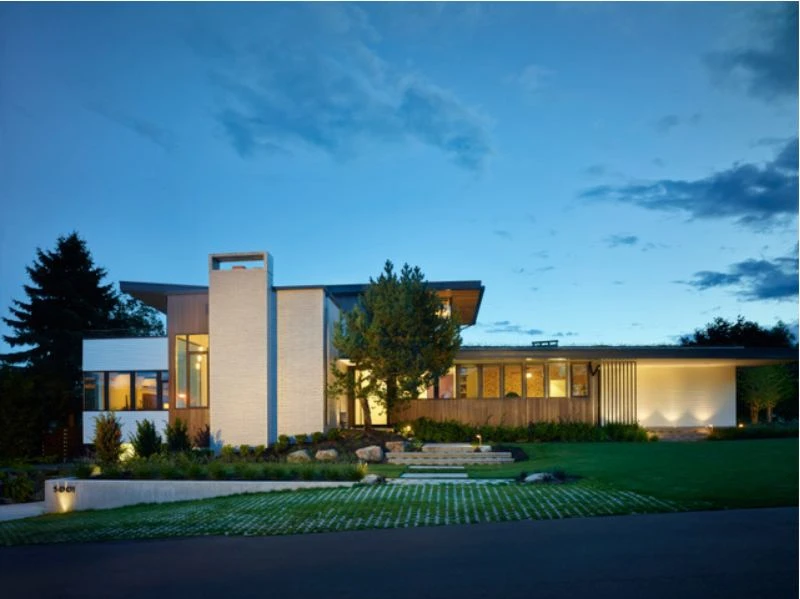
Lane Williams Architects
Which type of projects does Lane Williams Architects specialize for? What type of services do you offer your customers?
We have always specialized exclusively in single-family, custom homes, as I believe that focus allows us to develop the highest possible level of expertise in what we do. We design and specify everything the contractor is going to build or install - everything down to the cabinet pulls and paint colors - and we follow through in the observation of that work during construction.
Where is the most popular location for new residential projects in Seattle?
Our work is scattered around the city and nearby communities, but many have close proximity to downtown. Our traffic is terrible, so being close to where one works is worth a high premium. Many of those properties also enjoy a view of the water, mountains, or Seattle skyline.
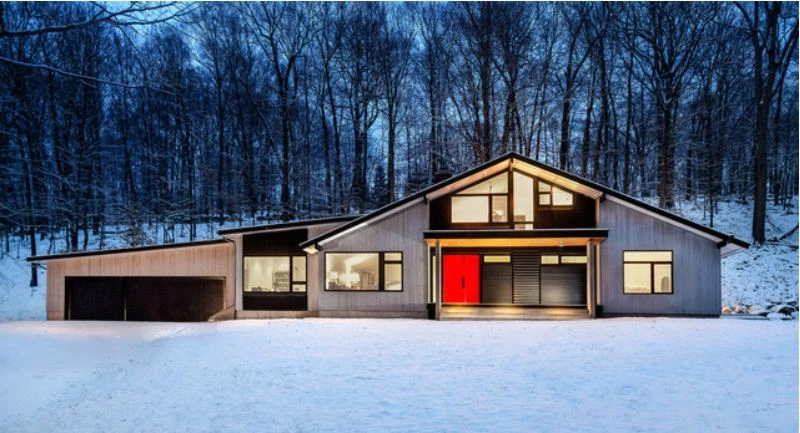
Lane Williams Architects
Could you explain to us the full process of a residential project?
That’s a long story, so I won’t go into a lot of detail. It begins with a series of client meetings and job site visits, to get a feel for what the client seeks and what is feasible. I prepare a series of plan alternatives - there is never just one good solution. We usually explore half a dozen ideas before settling on the preferred solution, and by then we usually have a pretty good idea of what it will look like, based upon my sketches. Next step is to have one of the architects on my staff build a 3D model with our BIM (Building Information Model) software. Clients can view it on our big screen, on their tablet, or “walk through” with virtual reality goggles. From there, it is a matter of adding in all of the exterior and interior details. We will take clients to local showrooms to source materials and provide realistic renderings that will help them to fully visualize the design. There comes a point where the contractor is brought on board, through a process of either negotiated bidding or competitive bidding. We enjoy close collaboration with builders and have several favorites to recommend. Some clients will add an interior designer to the team, and we welcome that option. We coordinate with the owner’s landscape designer, too, as there is much overlap between their work and ours.
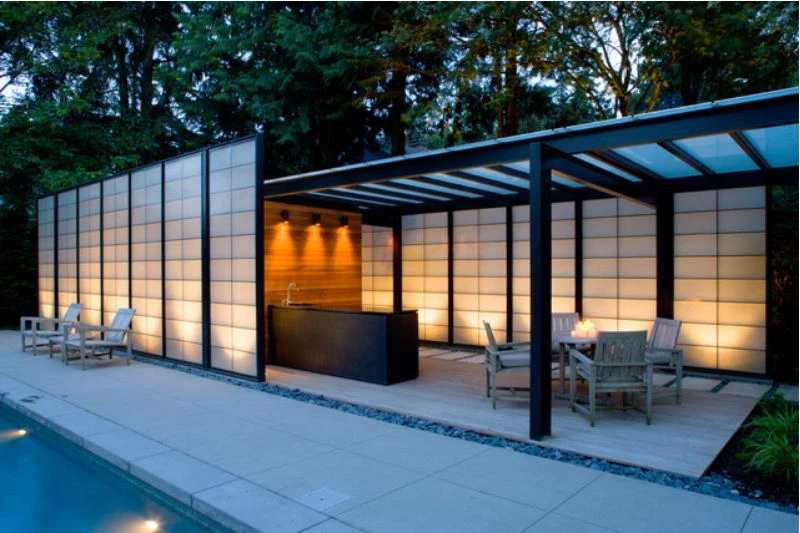
Lane Williams Architects
Do you offer turnkey projects to abroad customer? At which steps should your client have to be next to you after the first moment of the project?
We have provided turnkey services to international clients. In one example, our clients were living in Japan throughout the entire project and I did not see them face-to-face until after construction began. They made just two visits during construction, and a third visit when it was completed.
How many months does it take to complete an average residential project?
Most projects take about two years from the inception of design to completion of construction, but larger projects can take longer.
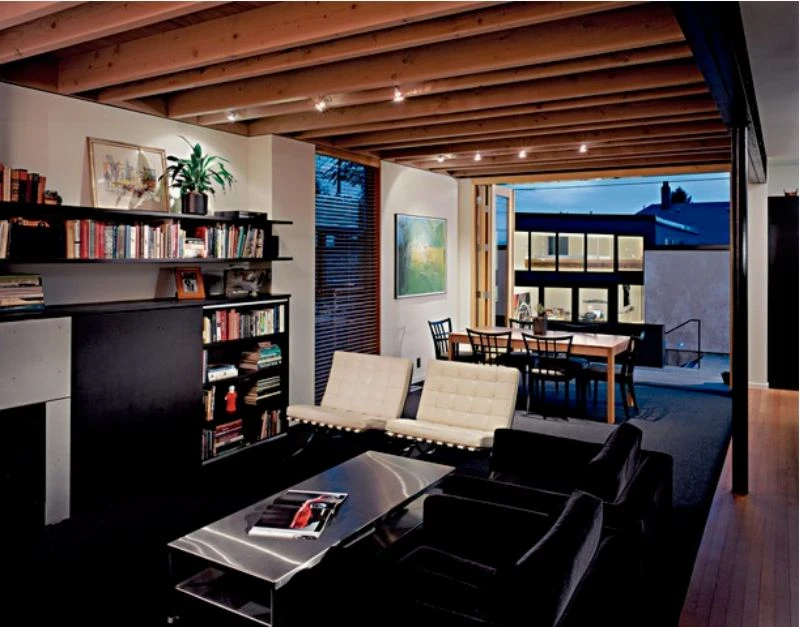
Lane Williams Architects
What are the most important factors that affect the project cost?
Finish materials and details account for much more cost than the actual structure.
You have lots of completed and in-progress projects. Which one is your favorite? What was its story?
My designs are like my children - impossible to pick a favorite. But many of my most enjoyable projects are those in which I am working with the same client for a second project. There is a level of communication and trust in those projects that usually doesn’t occur in the first collaboration. At the moment, we are working with two such clients. One is a 2800 square foot home that is about two hours east of Seattle, on a beautiful lake. It is 2800 square feet, and represents a “downsize” from the clients’ current home. It will be their weekend getaway for a few years, but is intended to become their primary residence one day. We had a very free hand in the design, working with clients who have particularly sophisticated ideas. The budget was limited, but reasonable, and the end result is something I would very much enjoy living in myself.
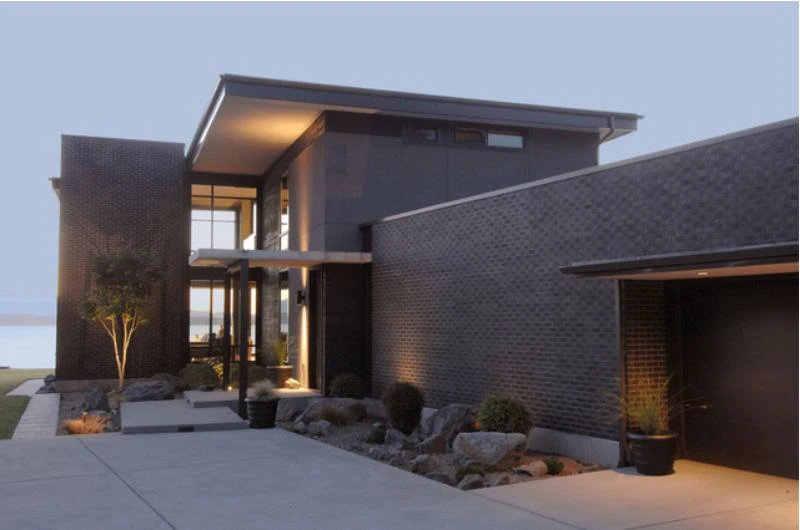
Lane Williams Architects
What would you recommend to customers who want to work with an architect to build their new home?
Clients should learn as much as possible about how much construction is likely to cost by looking at the architect’s work and seeing the contractor’s cost breakdown for any project that might be relevant to their own, then add in a contingency for inflation and any features they might wish to add that were not part of the example project. And then develop great patience with the process of design, building permits, and construction, as there are many potential delays that can occur.
In your opinion, what is the relation between Low Budget - Short Project Time - High Quality? Is it possible to combine all in one project?
Clients typically have to choose their priorities. You can have a low budget or high quality, but it is highly unlikely you will achieve both. As for project time, that is usually determined by the building department (permits in Seattle often take seven or eight months), and by the contractor and their subcontractors. Everyone in Seattle is quite busy at the moment, requiring greater patience.
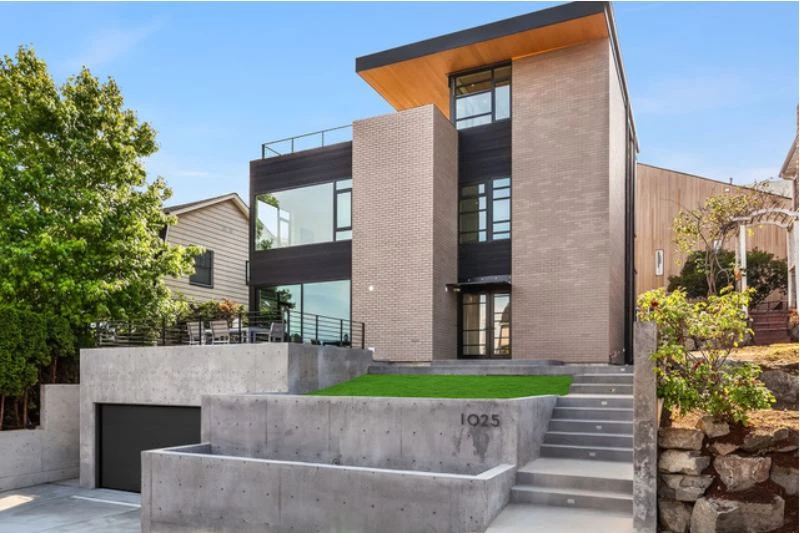
Lane Williams Architects
What is the best advice you have received, and what advice would you give to young architects?
For many years, I have been part of a small group of architects who also specialize in custom home design. We give each other advice and support on a wide range of topics, and it has been incredibly valuable. Young architects should seek out their own peer group to share information.
What is coming up next for you?
More of the same, I hope.
Thank you Lane.
For more information, please visit website of Lane Williams Architects
This interview was conducted in a Question-and-Answer format. The answers were checked for grammar and punctuation and published without any additional editing. Friday, July 27, 2018. All photos are the property of their respective owners.